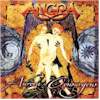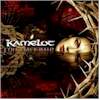Band
Angra
Title
Aurora Consurgens
Type
LP/EP
Company
SPV/Steamhammer
YOR
2006
Style
Power
Popular Reviews
4/16/2007 - Review by:
Etiam
Clearly exploring territory new to both them and their fans
Angra’s keenly titled ‘Rebirth’ was released in 2001, featuring a new rhythm section and vocalist, almost immediately launching the band to international stardom. They took their time writing the follow-up, ‘Temple of Shadows’, which, when eventually released in 2004, would go on to be their most highly acclaimed to date, and arguably one of the most popular power metal albums of the decade. The band followed with an appearance at ProgPower USA 2005 (which I happened to attend), and for a few years enjoyed the praise and international fan-club adoration that they’d earned. Success in the genre of power metal goes through phases, though, and in 2006 came ‘Aurora Consurgens’ and the ostensible first step down from the throne.
With this release, the ‘new’ Angra line-up nearly ties the old in terms of years together and does indeed equal them in LP output (three). This would suggest that it’s time to stop referring to Edu Falaschi as ‘the new guy’, for one, More importantly, it is also one of the key factors to recall when considering just what went wrong with ‘Aurora Consurgens’.
Some have called it Angra’s worst album, some have called it a travesty, and while ‘Aurora Consurgens’ may technically be both, it is only by association. Standing alone, this album is an impressive display technical mastery on all instruments and a diverse survey of musical styles, hybridizing heavy, power, and even progressive metal.
But this is not an abstract discussion, and ‘Aurora Consurgens’ cannot be judged in isolation—Angra have a precedent to live up to, fans to satisfy, and integrity to uphold, and this release casts all those into serious jeopardy. It is undeniable that the band wrote these songs with a larger audience in mind; no matter how minute the consideration was, its impact is strong and immediately recognizable. This, understandably, has caused some fans to become disillusioned with the band, and when listening to songs like ‘The Course of Nature’, the bitter taste it leaves behind is hard to ignore.
But to simply press ‘stop’ after that first track, the obvious hit single of the album, is to deny the band the credit they are due. The very next song, ‘The Voice Commanding You’, plays nearly like a 2006 version of ‘Spread Your Fire’, the seminal opener to ‘Temple of Shadows’, right down to the syncopated cymbal taps and racing harmonized leads. Given, Edu’s vocals are in a lower register, and the power metal gallop is now tempered by a nearly rock ‘n’ roll vibe, but the passion that awed fans and critics alike on ‘Temple of Shadows’ has not been left entirely behind.
And, though it may be hard to believe with the quasi-breakdown in ‘The Course of Nature’ still lingering in the back of one’s mind, ‘Aurora Consurgens’ is actually Angra’s most progressive album yet. The chugging riffs, the more reserved tempos and pitch extremes are countered by (relatively) bold experiments in dynamics and both song and solo structures. Whether it is by using tribal drums and an acoustic guitar, by shifting between the racing allegro power metal standard and more contemplative moderato, or even by sacrificing some crowd-pleasing solos for a more unorthodox approach, Angra are making a statement.
And it is a commendable one. No band is sounding quite like Angra today, despite their commercial rock sacrifices, and the members are clearly exploring territory new to both them and their fans. As mentioned above, this is the third album they have made together—to cover similar ground as the previous two albums may be a quick fix for fans, but unfulfilling for talents as large as Angra’s.
They did release a record titled ‘Rebirth’, after all, and have never been a group prone to stagnation. ‘Aurora Consurgens’ certainly ranks below most if not all Angra albums in terms of ultimate likeability, but it by no means heralds their end. We owe it to Angra to give them the benefit of the doubt, to chalk up this misstep to maturation, and to anticipate their next endeavor. Besides, with clones like Aquaria playing their older style nearly as well as they ever did, what good would repetition be?
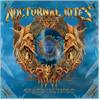 (Century Media)
(Century Media) (7hard)
(7hard)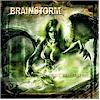 (Metal Blade)
(Metal Blade)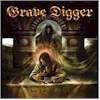 (Nuclear Blast)
(Nuclear Blast)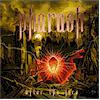 (Cruz Del Sur)
(Cruz Del Sur)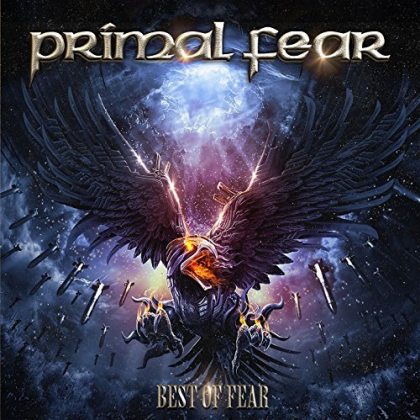 (Frontiers)
(Frontiers)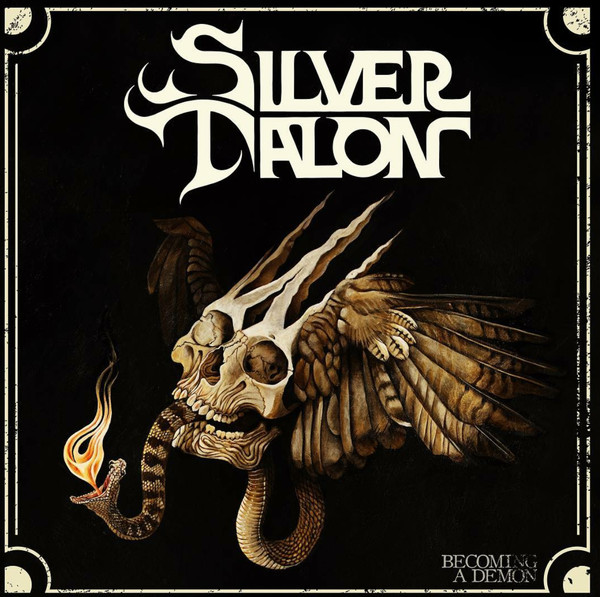 (Independent)
(Independent)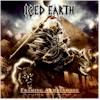 (SPV/Steamhammer)
(SPV/Steamhammer)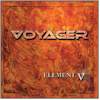 (DVS)
(DVS)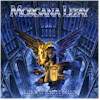 (Black Mark)
(Black Mark)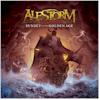 (Napalm)
(Napalm)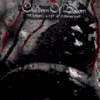 (Century Media)
(Century Media) (SPV/Steamhammer)
(SPV/Steamhammer) (EarMusic)
(EarMusic)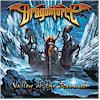 (Noise Records)
(Noise Records)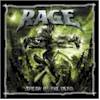 (Nuclear Blast)
(Nuclear Blast)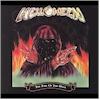 (Sanctuary Records)
(Sanctuary Records)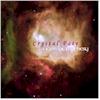 (Independent)
(Independent)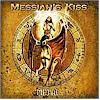 (SPV/Steamhammer)
(SPV/Steamhammer)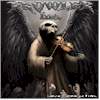 (Man In Black Music)
(Man In Black Music) (Independent)
(Independent)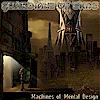 (Facefront Records)
(Facefront Records)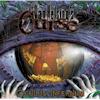 (Koch/Music For Nations)
(Koch/Music For Nations)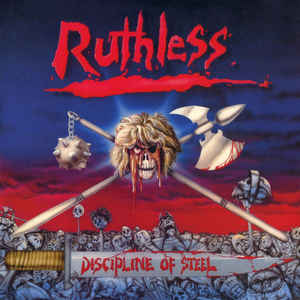 (Axe Killer)
(Axe Killer)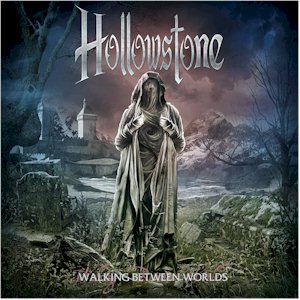 (Independent)
(Independent) (Limb Music)
(Limb Music)
